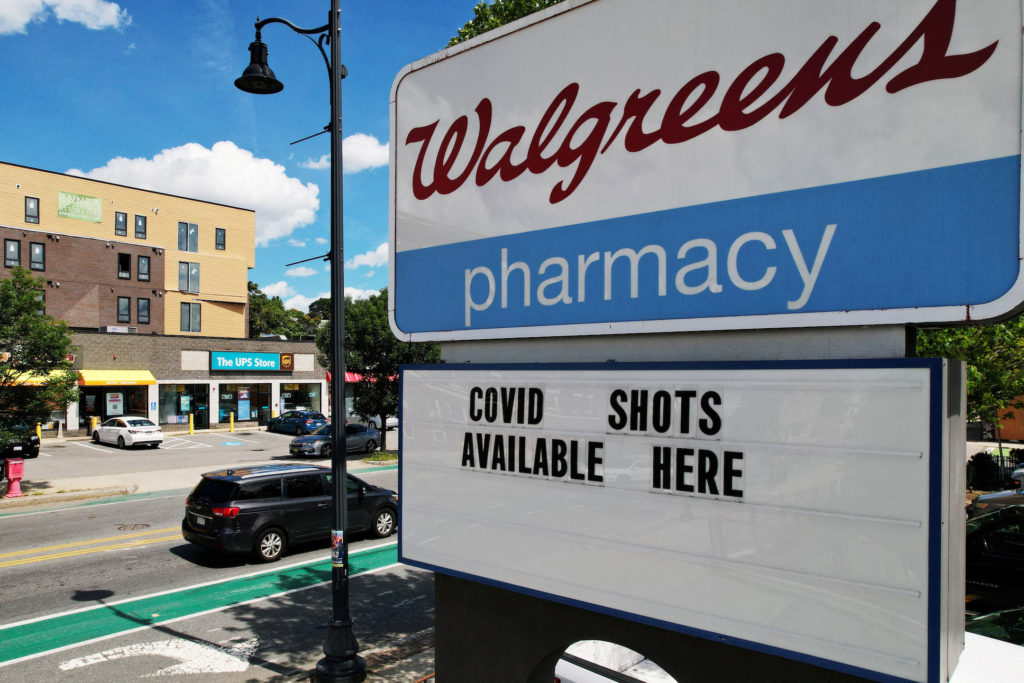
Dr. Eric Topol:
Well, a lot more than it's doing.
In the first year of the pandemic, we saw that Operation Warp Speed, and we took this virus as an existential threat and pulled out all the stops.
But, right now, John, we need oral or nasal vaccines to stop infections, to stop spread, to be variant-proof, whatever this virus mutates to in the times ahead. And we have a small amount of funding towards that end, but not enough.
And the messaging has been poor. That is, even the people at highest risk, about 35 percent of them have had the updated booster that's been available since September. That's the highest-risk people of advanced age. We had 90, 95 percent of those same high-risk people getting the initial primary series of the vaccine.
So we're not doing enough. We have known this was coming. We have seen countries in Europe that had wastewater levels of the virus that were unprecedented, even exceeding Omicron. And it isn't like they stay — the virus is going to stay there. We knew it was coming since September, October, and only in recent weeks have health systems started to get masking back as a policy.
We're just not doing enough to prepare or manage this big surge.
ncG1vNJzZmivp6x7sa7SZ6arn1%2Bjsri%2Fx6isq2ejnby4e9ahsGadqKWys8DSZpirnV2YvK%2BvxKulnpxdlq%2BwwdNmq6GdXZ%2B7bn2Mr5iroZGjwW6%2BxKynqKajnq%2BtsYyfpqtlnJbBpr%2FTZpqorpmZerit1Z4%3D